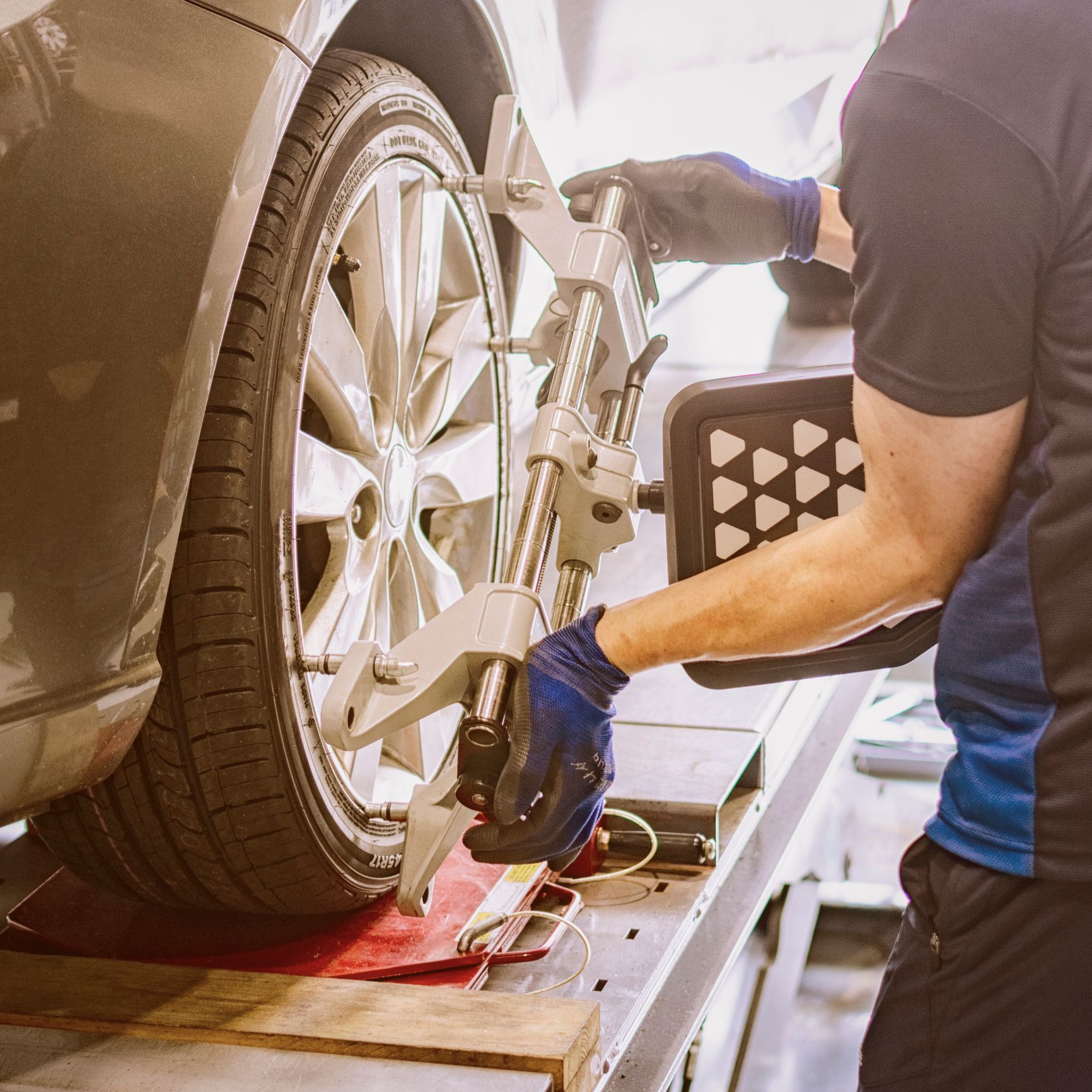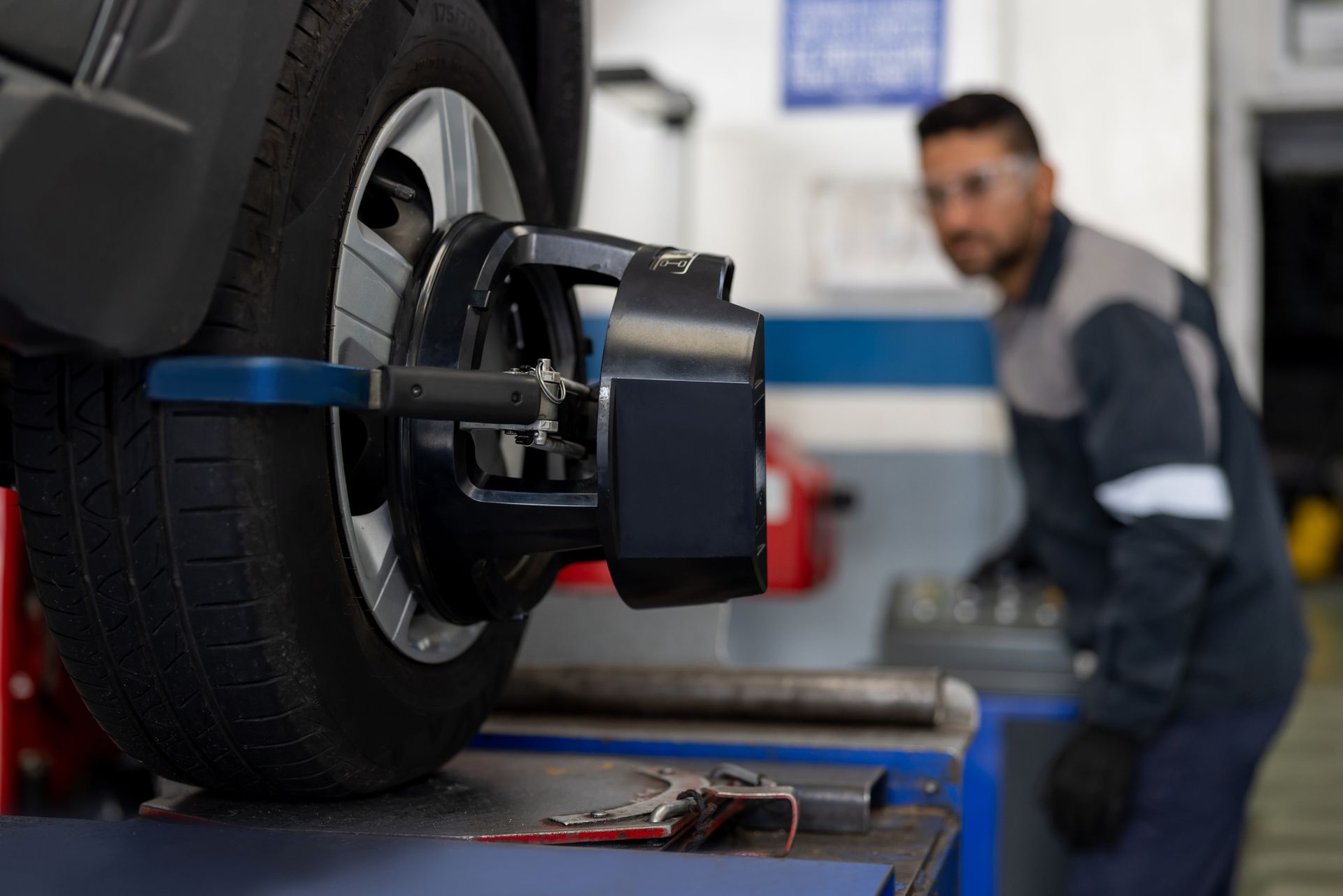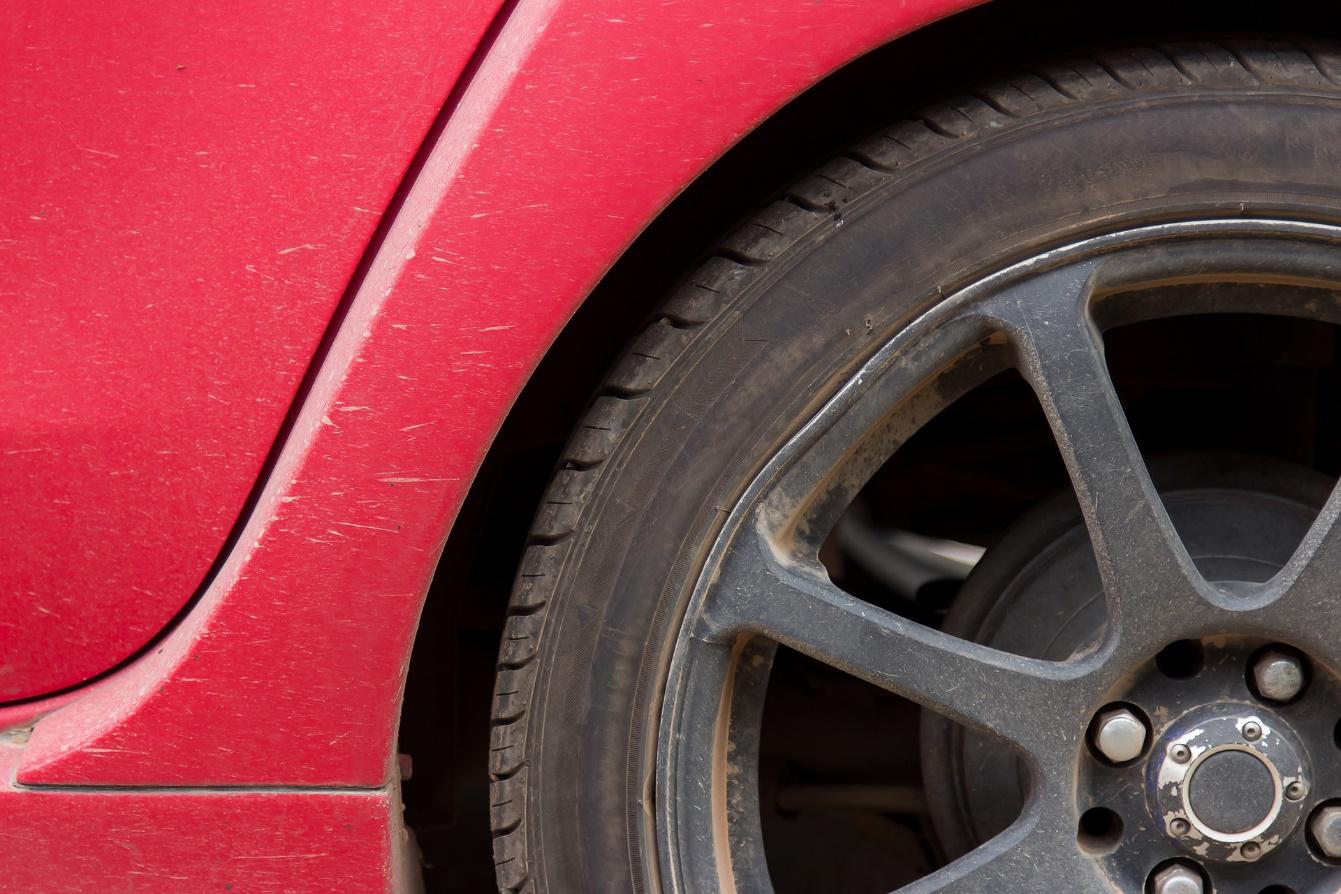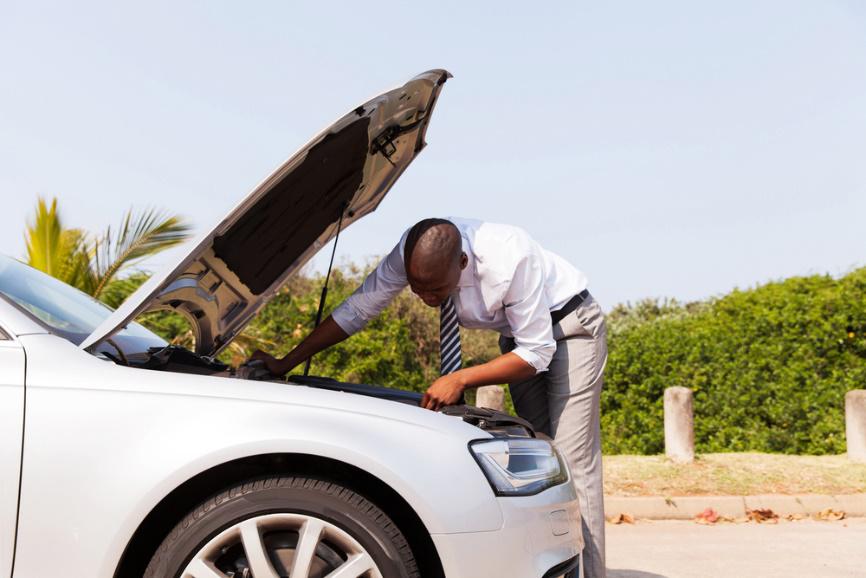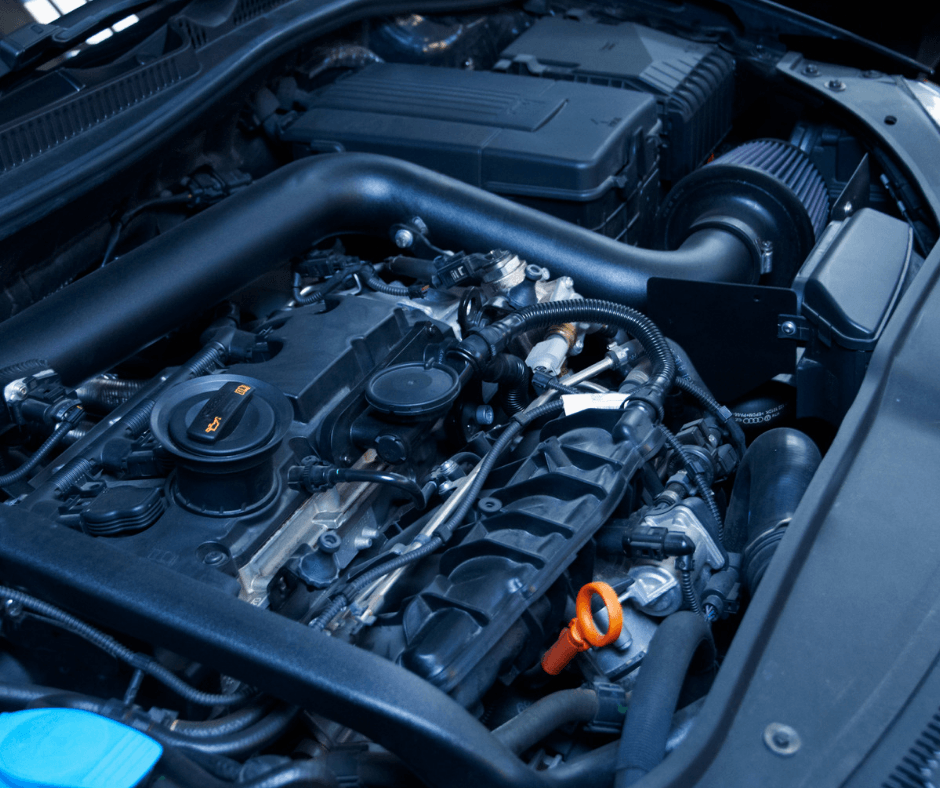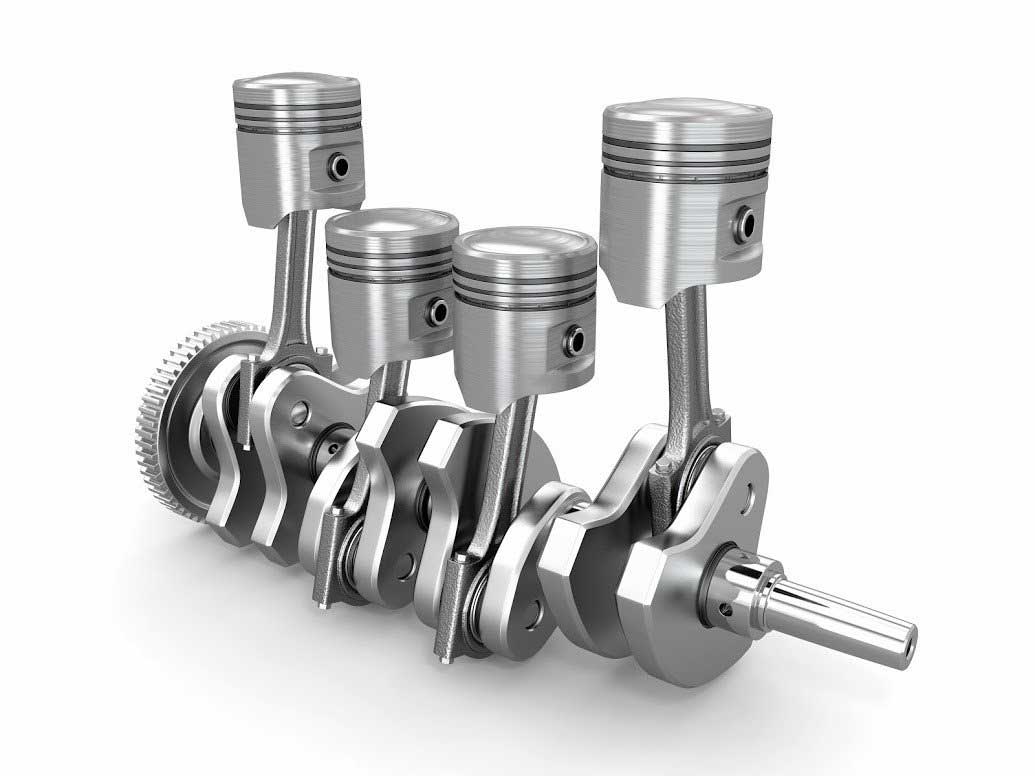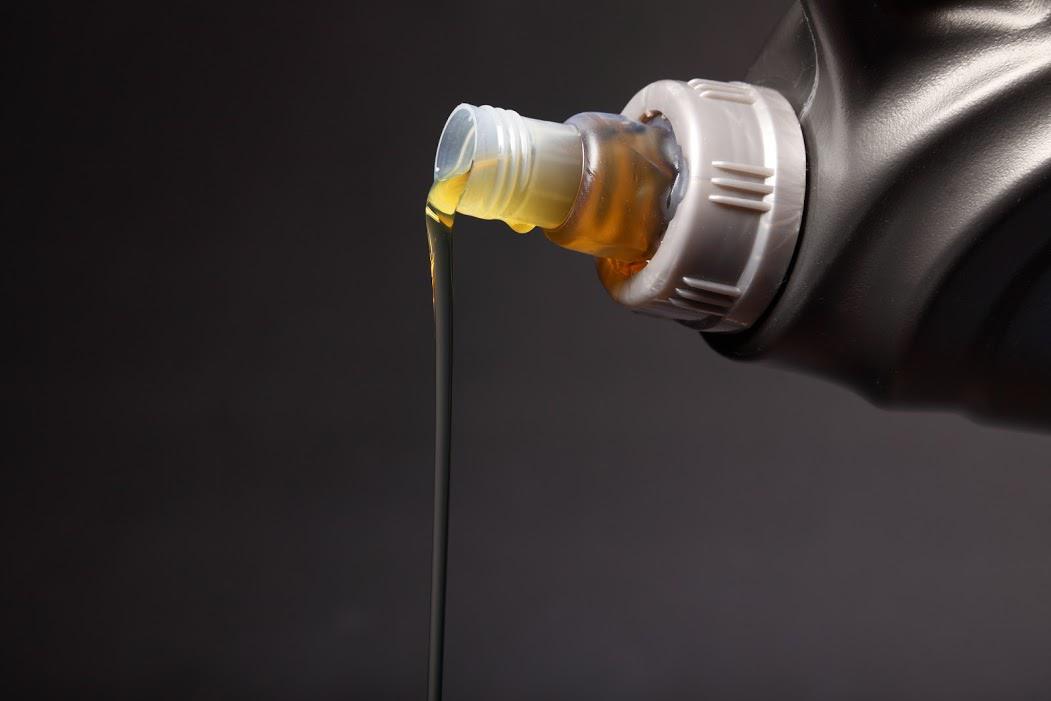4 Tips to Avoid Excess Tire Wear

Your tires are probably not the first thing that comes to mind when you think about vehicle maintenance. However, you can use a few simple tips to ensure that you get the longest life possible out of your tires. Simple care for your tires extends the life of your tires and increases your safety.
Here are four tips every driver should know to avoid excess tire wear.
Rotate Your Tires Every Six Months
The simplest way to extend the life of your tires is to make sure they wear evenly. The longer you drive your vehicle without rotating your tires, the more the tread will wear in the same spots. It is recommended that you rotate your tires once every six months to maintain safe traction and reduce the risk of blown tires.
If you choose to rotate your tires yourself, you will need to determine if you have directional or nondirectional tires. Inspecting the treads on your tires will reveal whether they can be used on any wheel or are designed for only the left or right side of the vehicle.
Keep Your Tires Inflated Properly
Many drivers simply try to eyeball the inflation level of their tires when they fill them up. Unfortunately tire pressure is hard to judge accurately, and you should use a gauge for several reasons to make sure they are aired up to the manufacturer recommendation. Properly inflated tires not only improves your gas mileage, but also helps to minimize wear on your tires.
An underinflated tire wears more quickly because a larger area of the tire is in contact with the road. The increased friction causes the tire to wear more quickly and raises the temperature of the tire sidewalls. This temperature increase, as well as the added stress on the belts and wires inside the tire, greatly increase the risk of a blowout.
Follow Safe Driving Habits
The health of your tires is affected more by your driving habits than any other part of your vehicle. This makes sense when you consider that the tires are the only part of your vehicle in contact with the road, so more aggressive driving naturally causes more strain on them.
Driving at a safe, consistent speed is both safer for you and your passengers and less demanding for your tires. Frequent or aggressive acceleration increases the amount of friction that your tires are under, which shortens their life. Naturally, you should also avoid any curbs, potholes, and debris in the road to prevent accidental damage to your tires. And finally, avoid driving with an excessive load in your vehicle to reduce the amount of stress your tires are under.
Maintain Your Car's Alignment and Suspension
The health of your tires doesn't stop with the tires themselves: your car's wheel alignment and suspension systems also play an important role in how long your tires will last. Even if you rotate your tires regularly, you should make sure that your wheels stay in alignment to avoid uneven tire wear.
Your car's suspension system is responsible for absorbing much of the shock that your tires experience when driving over less-than-smooth patches of road. Check your alignment, bearings, and shocks or struts at the same time that you have your tires rotated to can minimize the stress and friction that your tires are subjected to.
No tires last forever, but these are the factors every driver should keep in mind to avoid unnecessary tire damage or blowouts. Visit Dualtone Auto for alignment and brake inspection so you can be sure you get the maximum life possible out of any set of tires.

